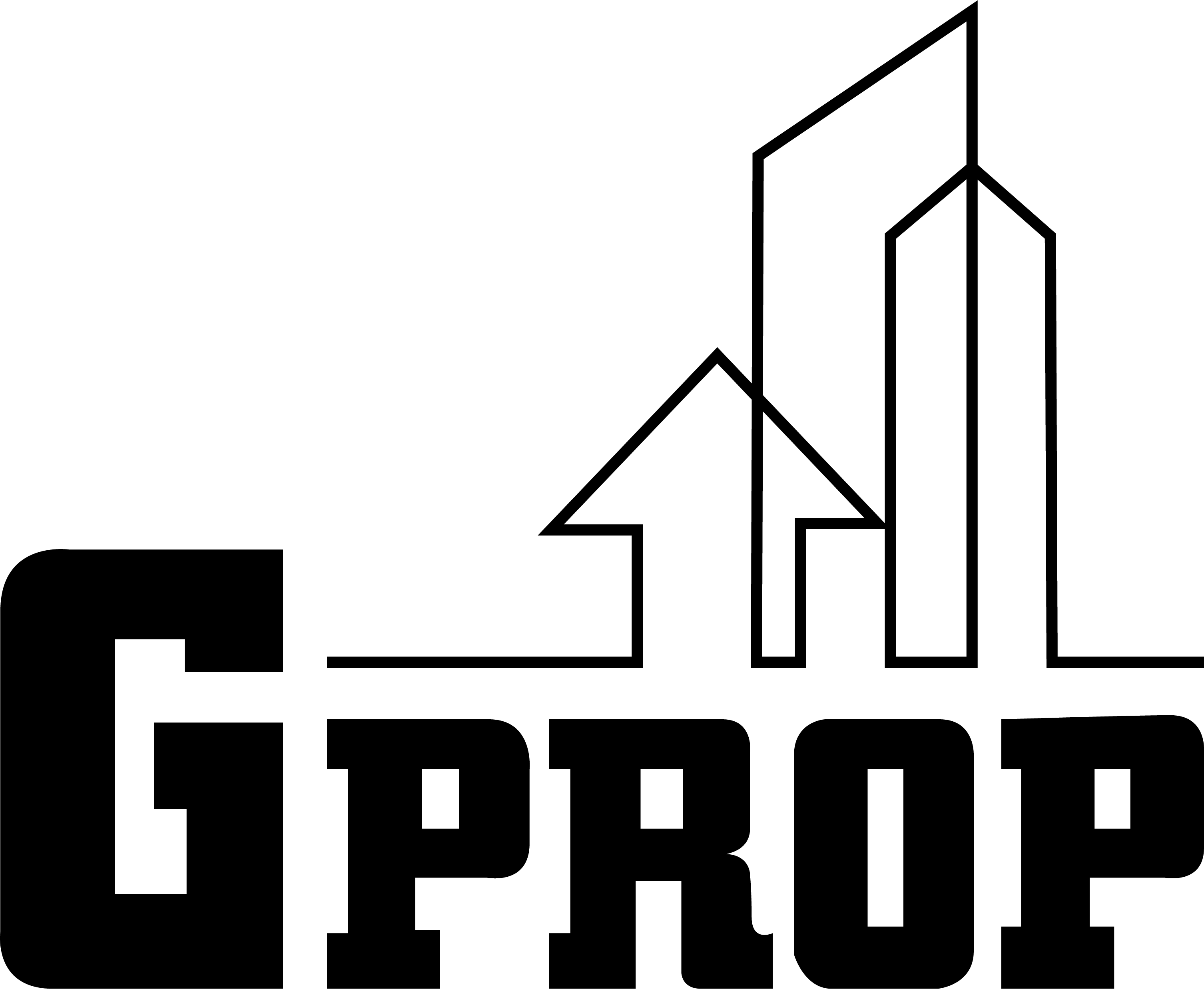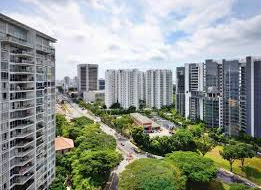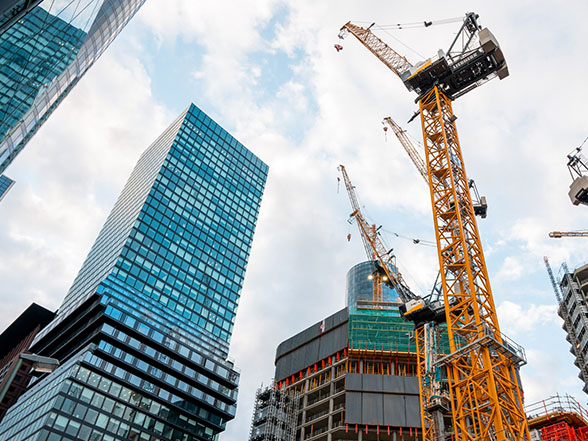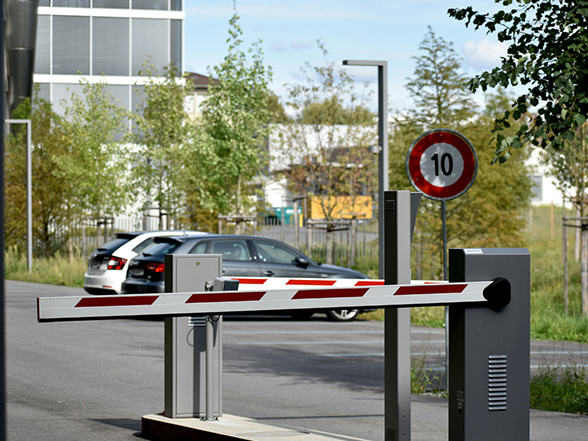The proposed Urban Redevelopment Act (URA) in Malaysia aims to lower the en-bloc sale consent threshold from 100% to 75%-80%, following Singapore’s model. However, en-bloc sales in Singapore have caused significant distress for minority homeowners, raising concerns that Malaysia may face similar issues.
Problems with En-bloc Sales
Majority vs. Minority DisputesWhile en-bloc sales appear financially attractive, minority homeowners often face pressure, legal threats, and emotional distress. Many are unwilling to sell but are forced into it.
Loss of Home & Community
Homeowners who refuse to sell may be uprooted from familiar surroundings. Relocation poses challenges such as affordability, emotional attachment, and loss of community ties.
Unfair Process & Pressure
En-bloc sales create division, with some homeowners suing those who oppose. Misinformation, rumors, and social tensions disrupt once-harmonious neighborhoods.
Case Studies of Successful Redevelopment Without URA
In Malaysia, successful redevelopment projects have occurred without coercion. Examples include:
• PKNS Redevelopment (Shah Alam): 100% agreement led to better housing for residents.
• 1 Razak Mansion (KL): Walk-up flats replaced with modern condos, with full owner participation.
Protecting Homeowners’ Rights
The National House Buyers Association (HBA) strongly opposes the URA, arguing that forced en-bloc sales violate constitutional property rights. The government must safeguard homeowners from coercive redevelopment driven by developers’ interests rather than public benefit.
HBA urges policymakers to prioritize fair and voluntary redevelopment while protecting homeowners’ rights and preserving community harmony.











